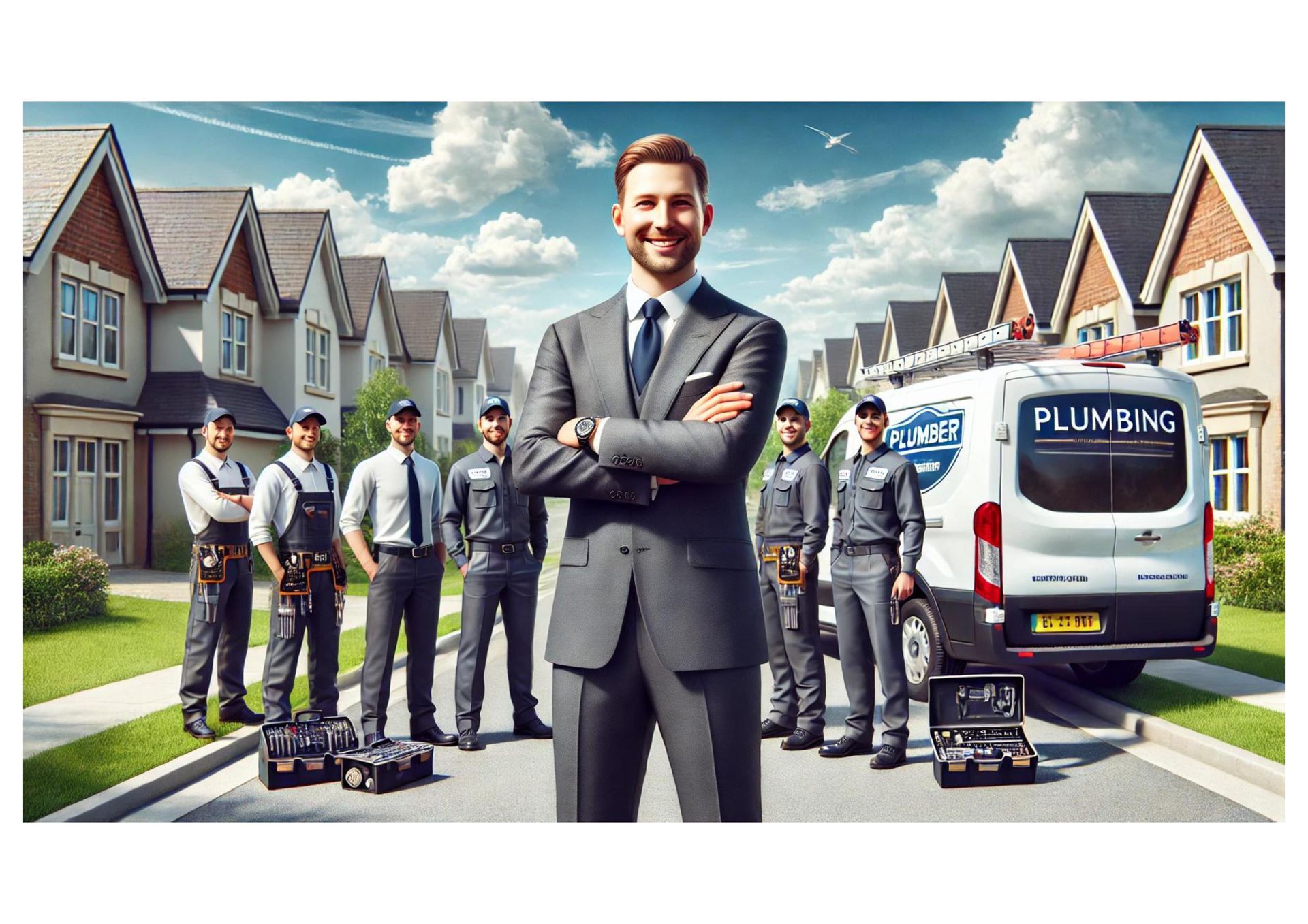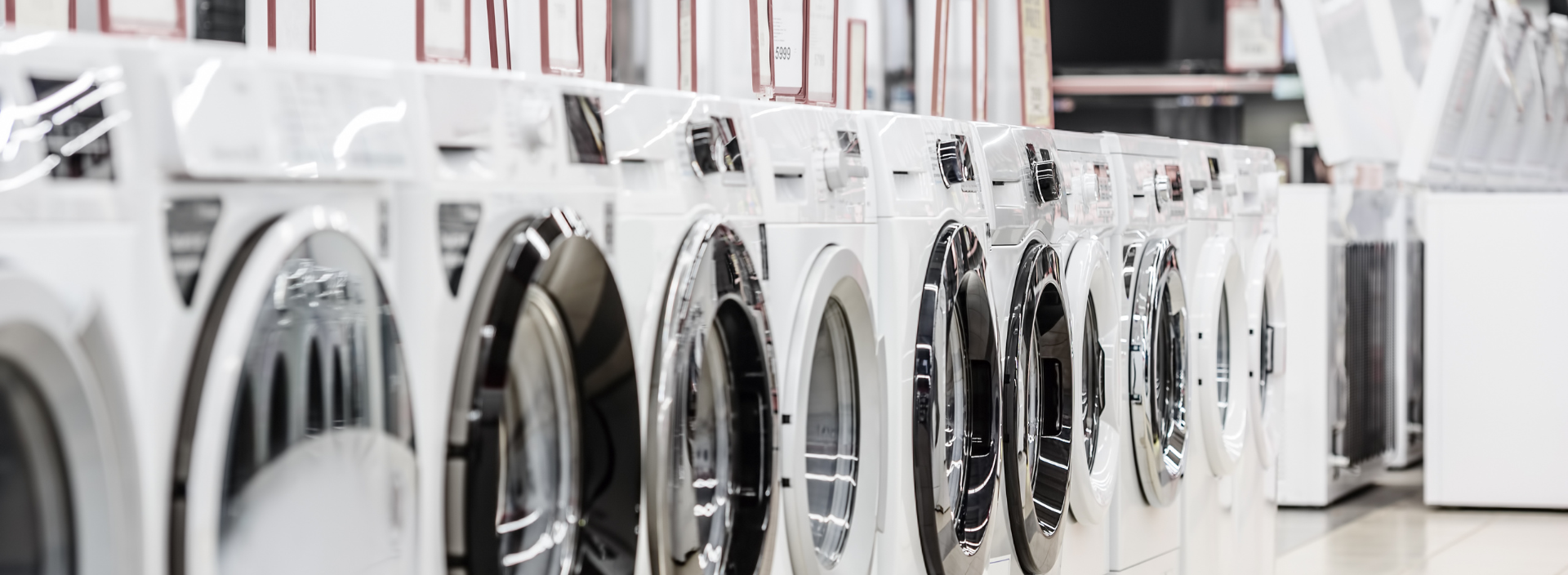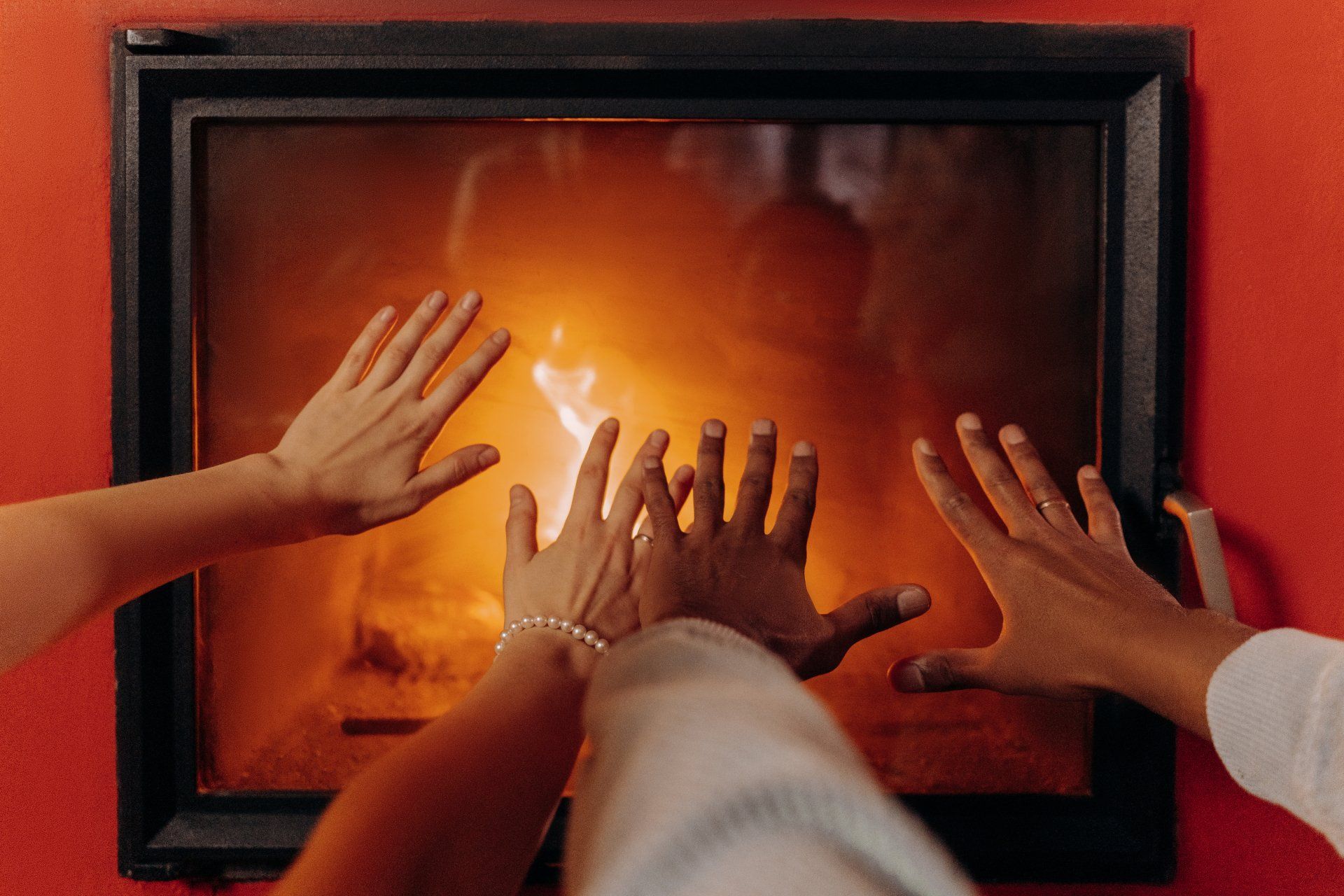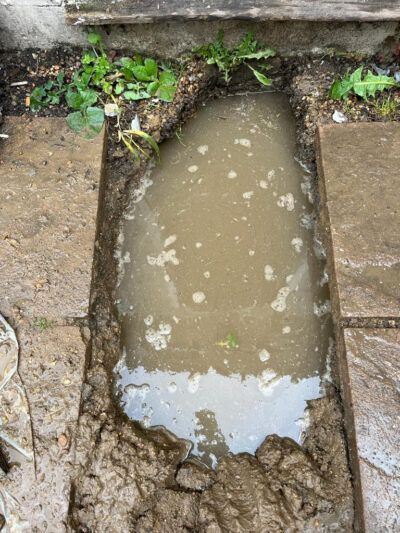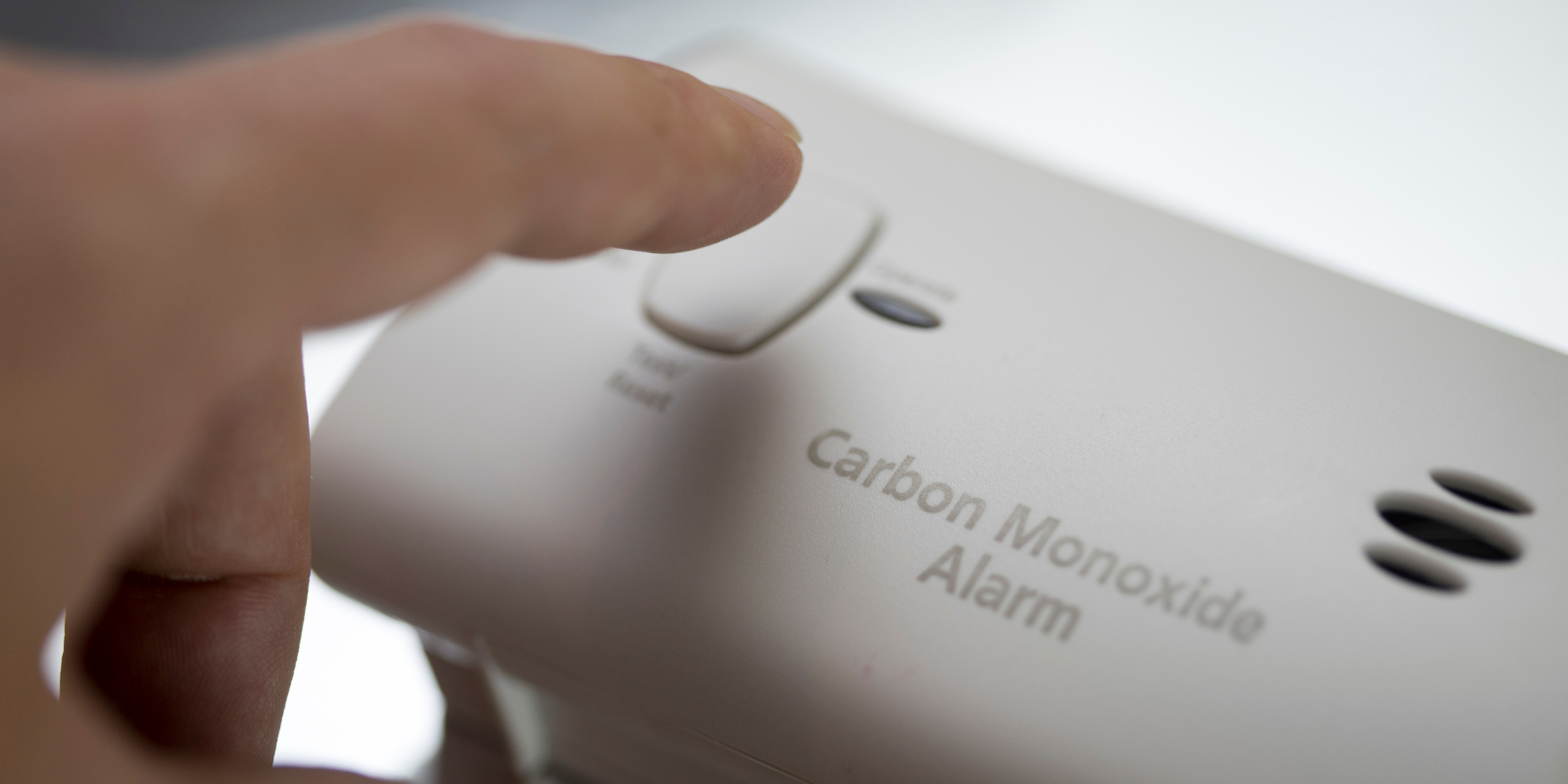Are your radiators costing you £££s?
We’re all concerned with energy efficiency whether due to rising energy prices or combating the threat posed by global warming. So if you’re looking to save the environment or your money, choosing appliances that maximise energy use is a sensible choice for anyone. Your radiators are an often overlooked, but good place to start.
Upgrading your radiators can potentially save you money in the long run by improving the energy efficiency of your heating system. Here are a few factors to consider:
1. Improved heat distribution: Upgrading to more efficient radiators can result in better heat distribution throughout your home. This means that the heat will be evenly spread, reducing the need to overheat certain areas, which can lead to energy wastage.
2. Enhanced heat retention: Newer radiators often have better insulation and design features that help retain heat for longer periods. This means that the radiators will stay warmer for an extended time even after the heating system has been turned off. As a result, you can potentially reduce the total heating time, leading to energy savings.
3. Thermostatic radiator valves (TRVs): Upgrading your radiators might involve installing TRVs. These valves allow you to control the temperature in each room individually, enabling you to adjust the heat according to your needs. This level of control can prevent overheating in unoccupied rooms and potentially reduce energy consumption.
4. Energy-efficient models: Modern radiators often incorporate energy-efficient technologies, such as low water content, improved fin design, or heat exchangers. These features enhance the heat output while using less energy, resulting in reduced heating costs.
5. System compatibility: Before upgrading your radiators, ensure that your heating system is compatible with the new models. Some older systems may require adjustments or upgrades to work optimally with newer radiator designs.
It's important to note that the actual savings will depend on various factors, including your current heating system, the condition of your existing radiators, insulation levels in your home, and local energy costs. Consulting with a heating professional or an energy expert can provide more accurate advice tailored to your specific situation.

